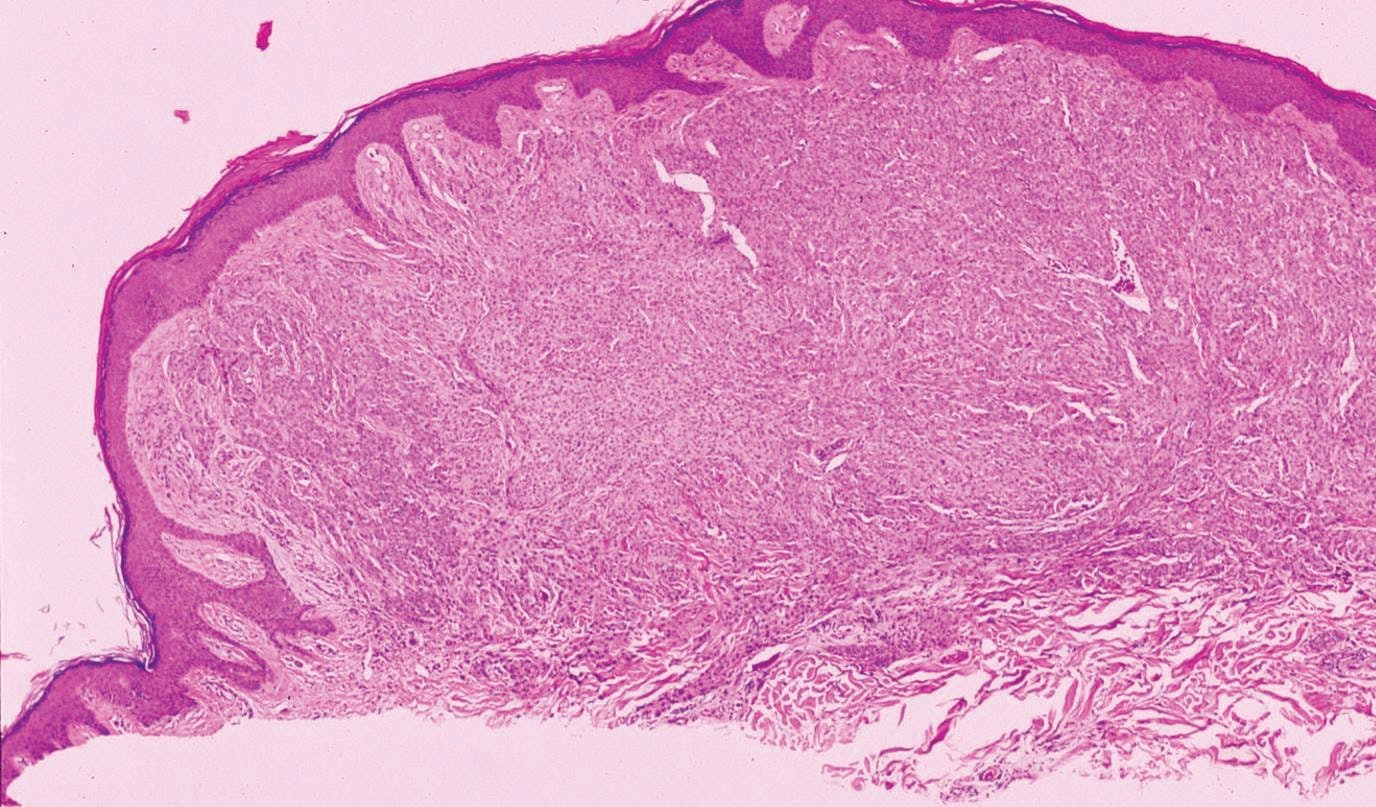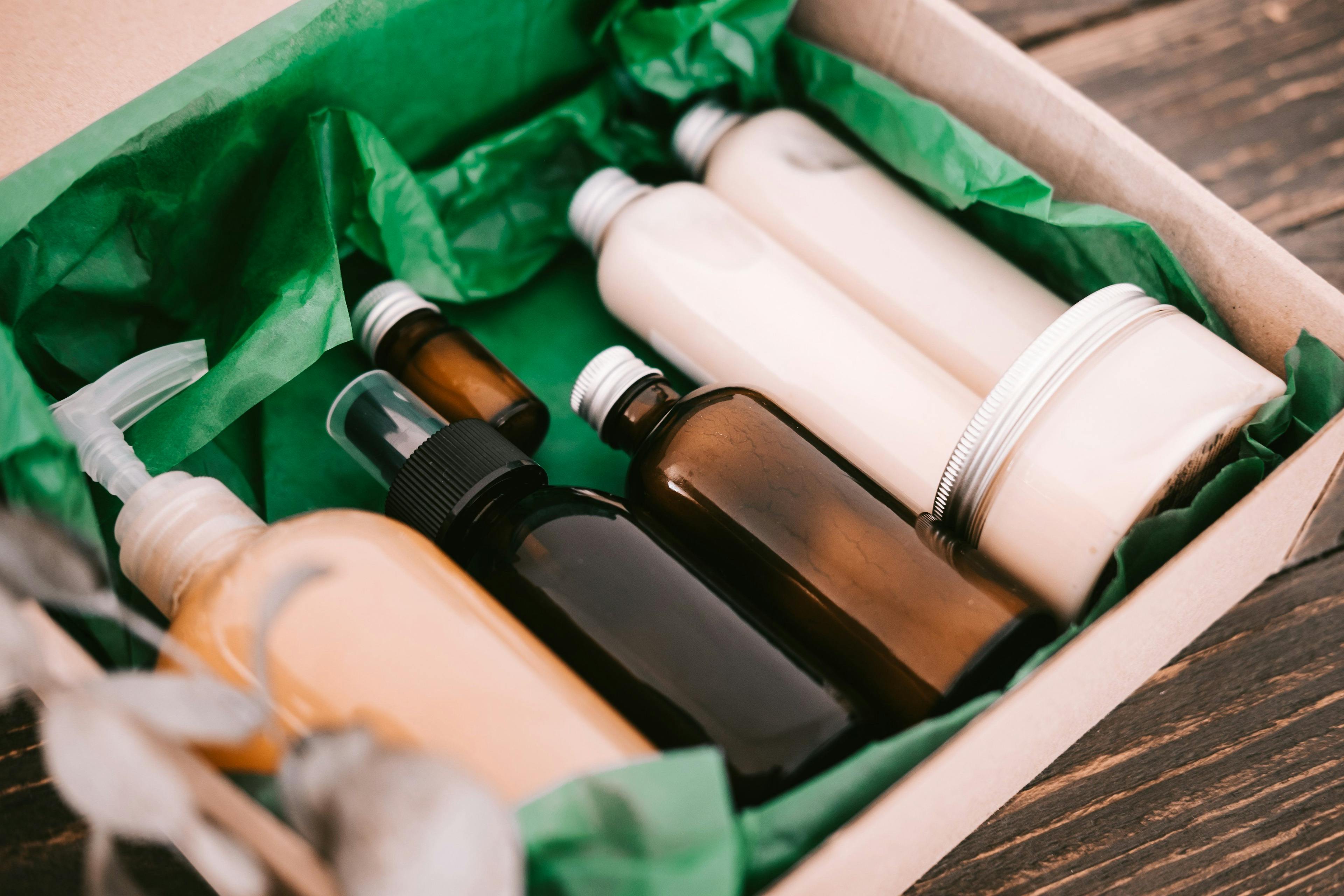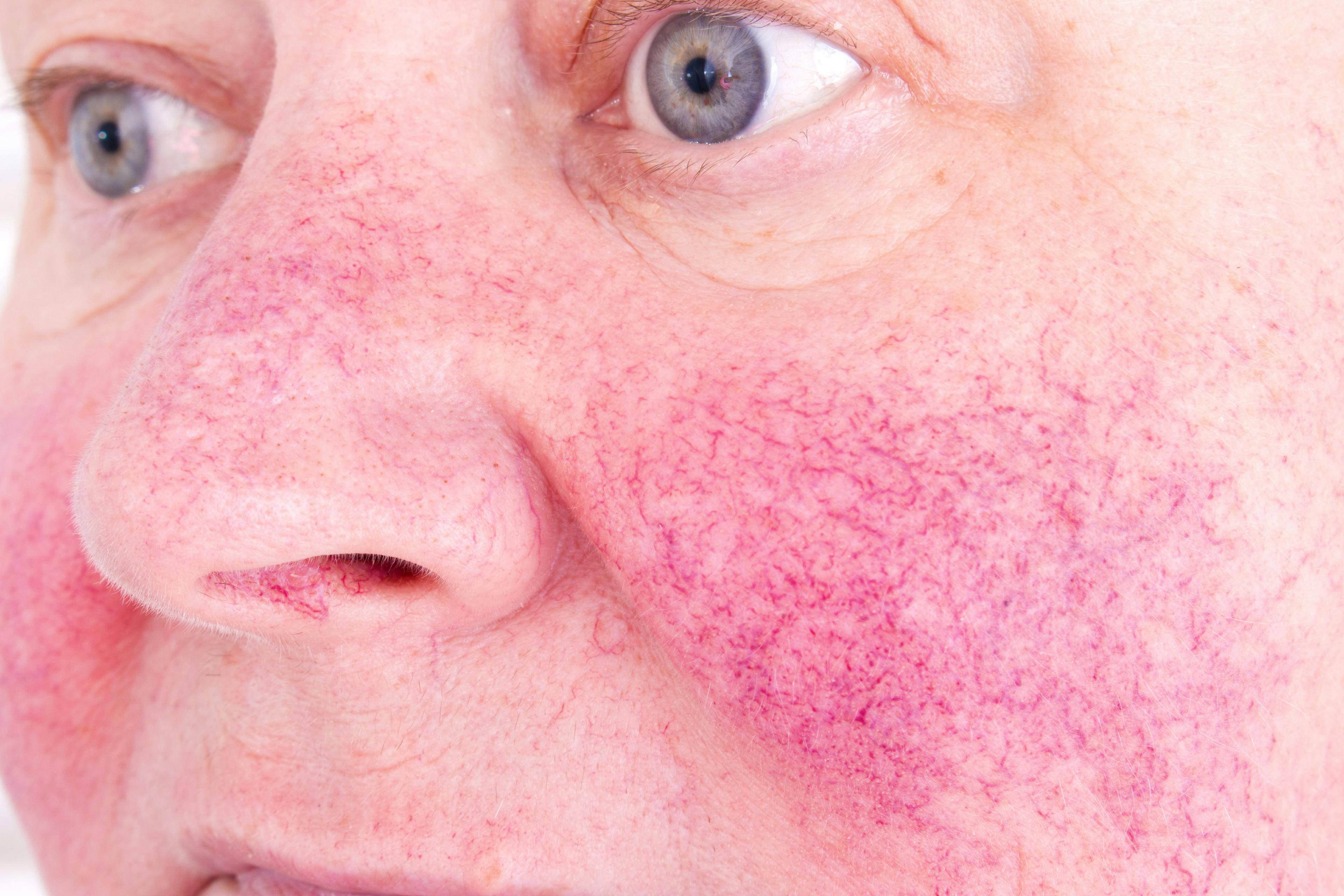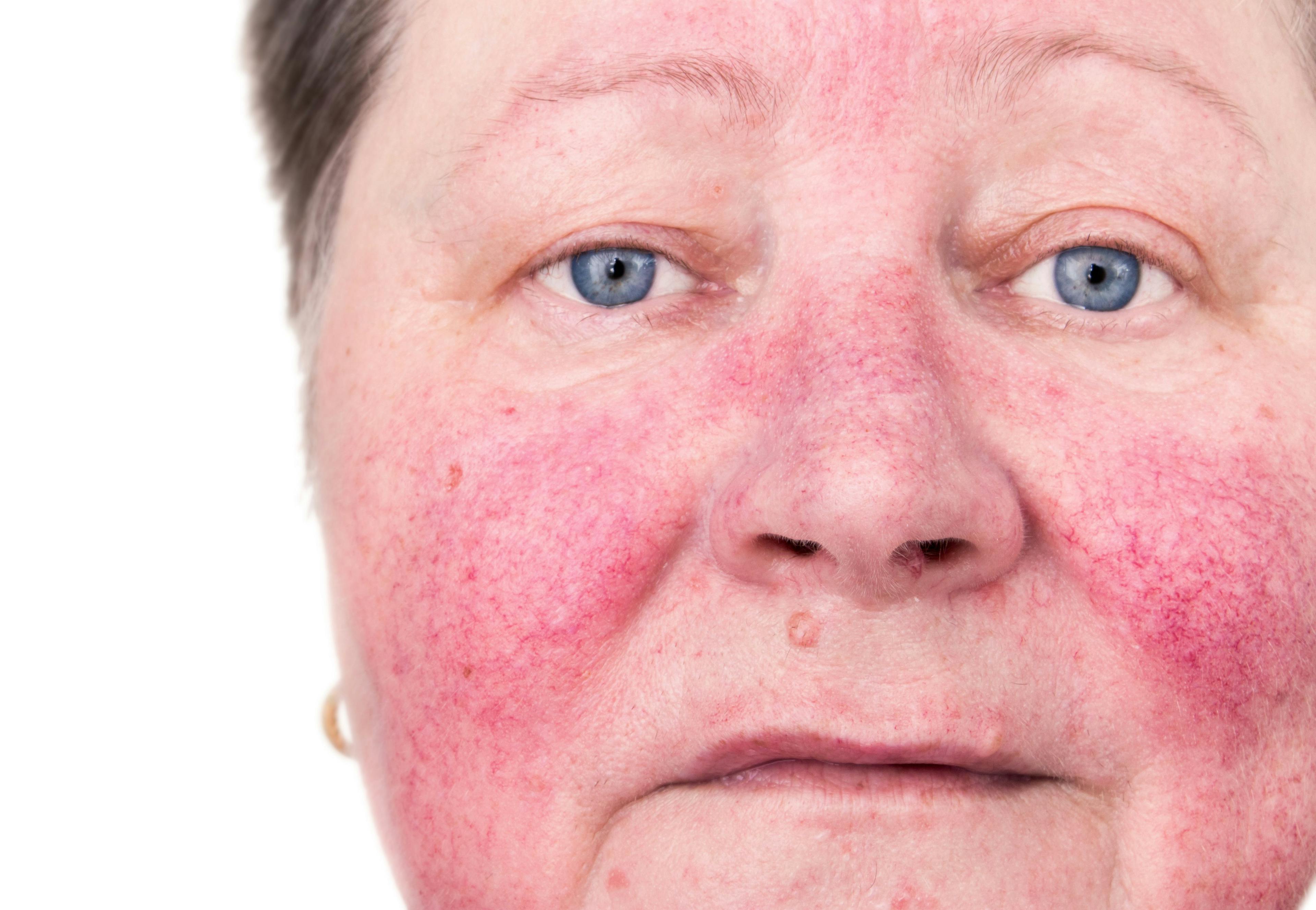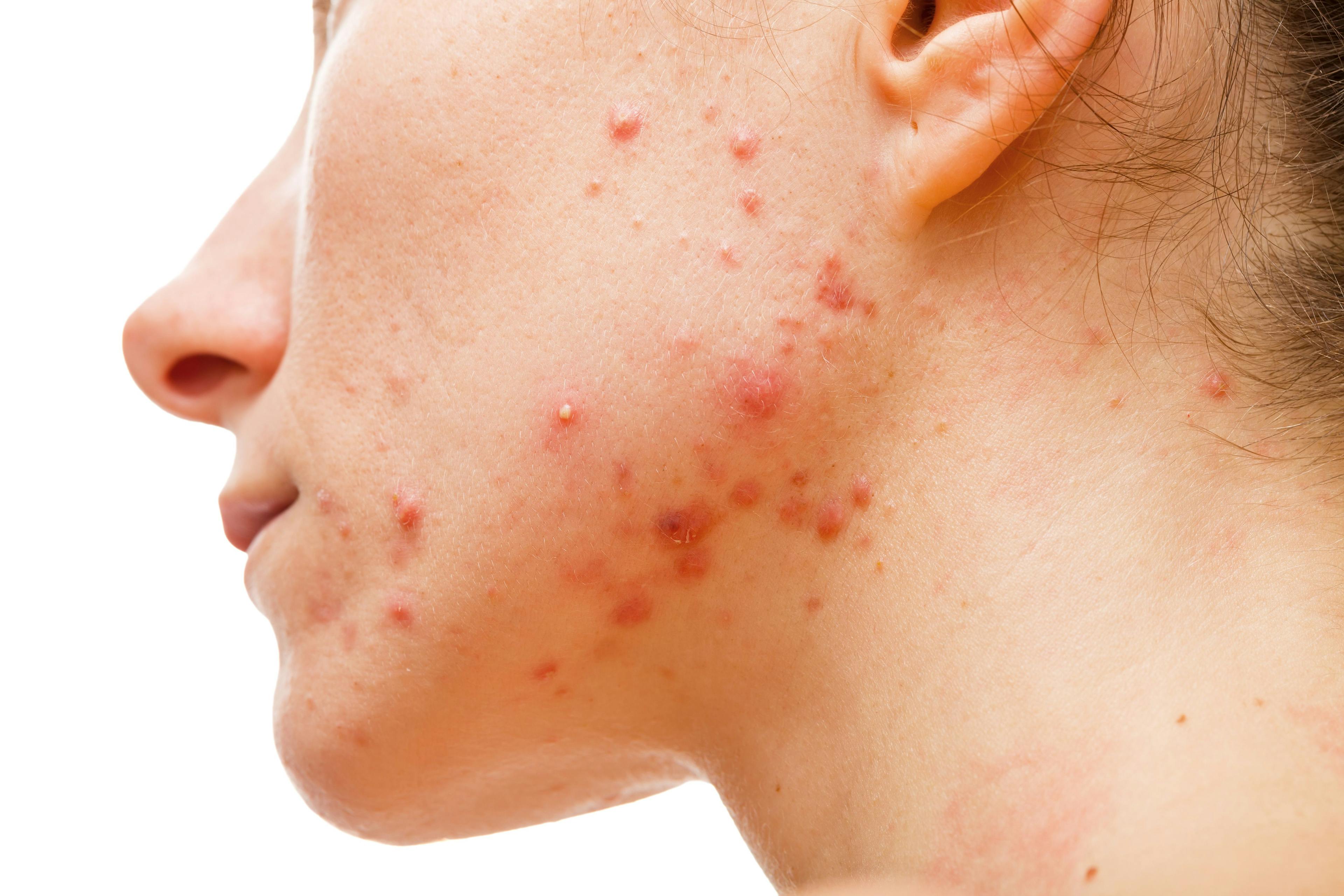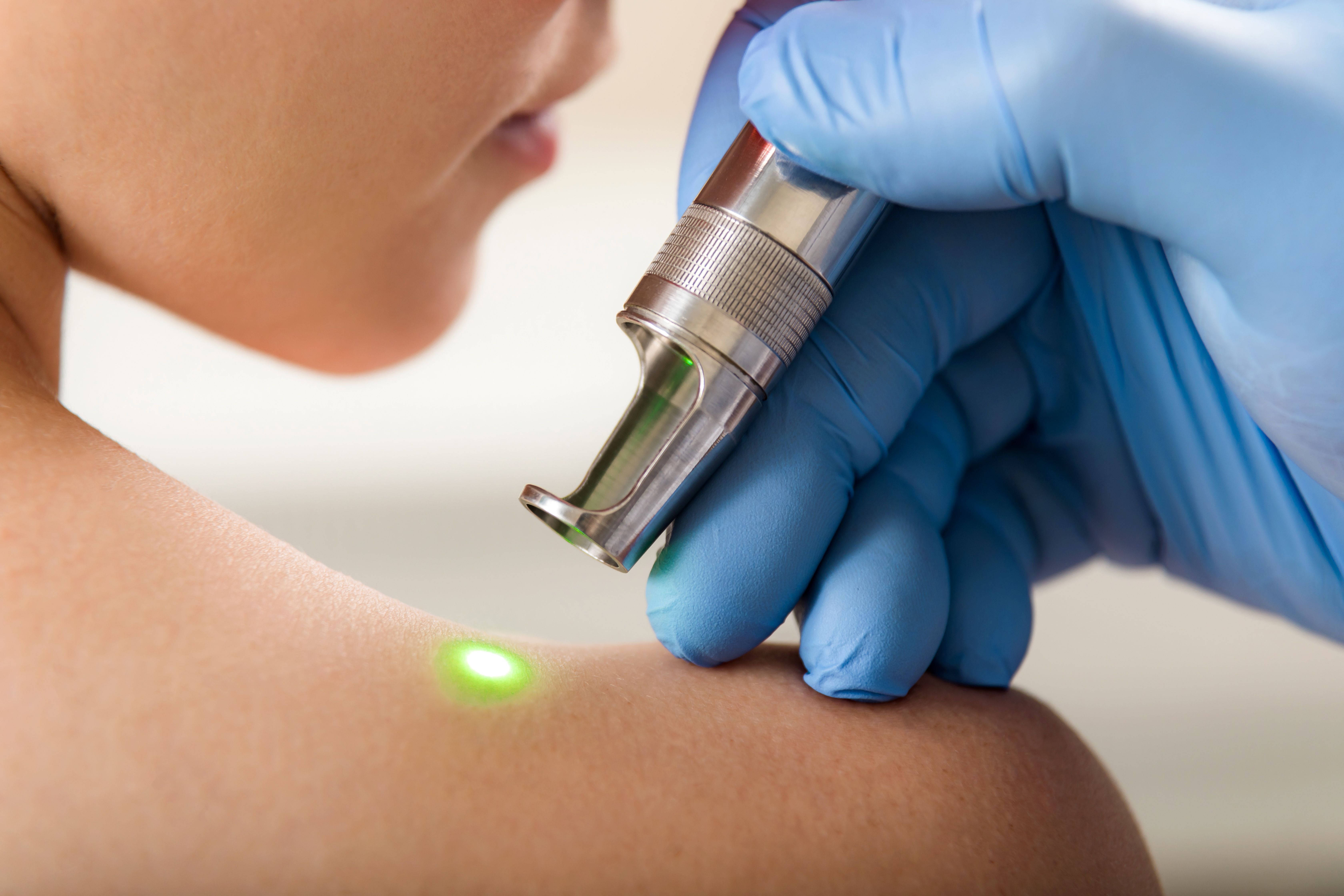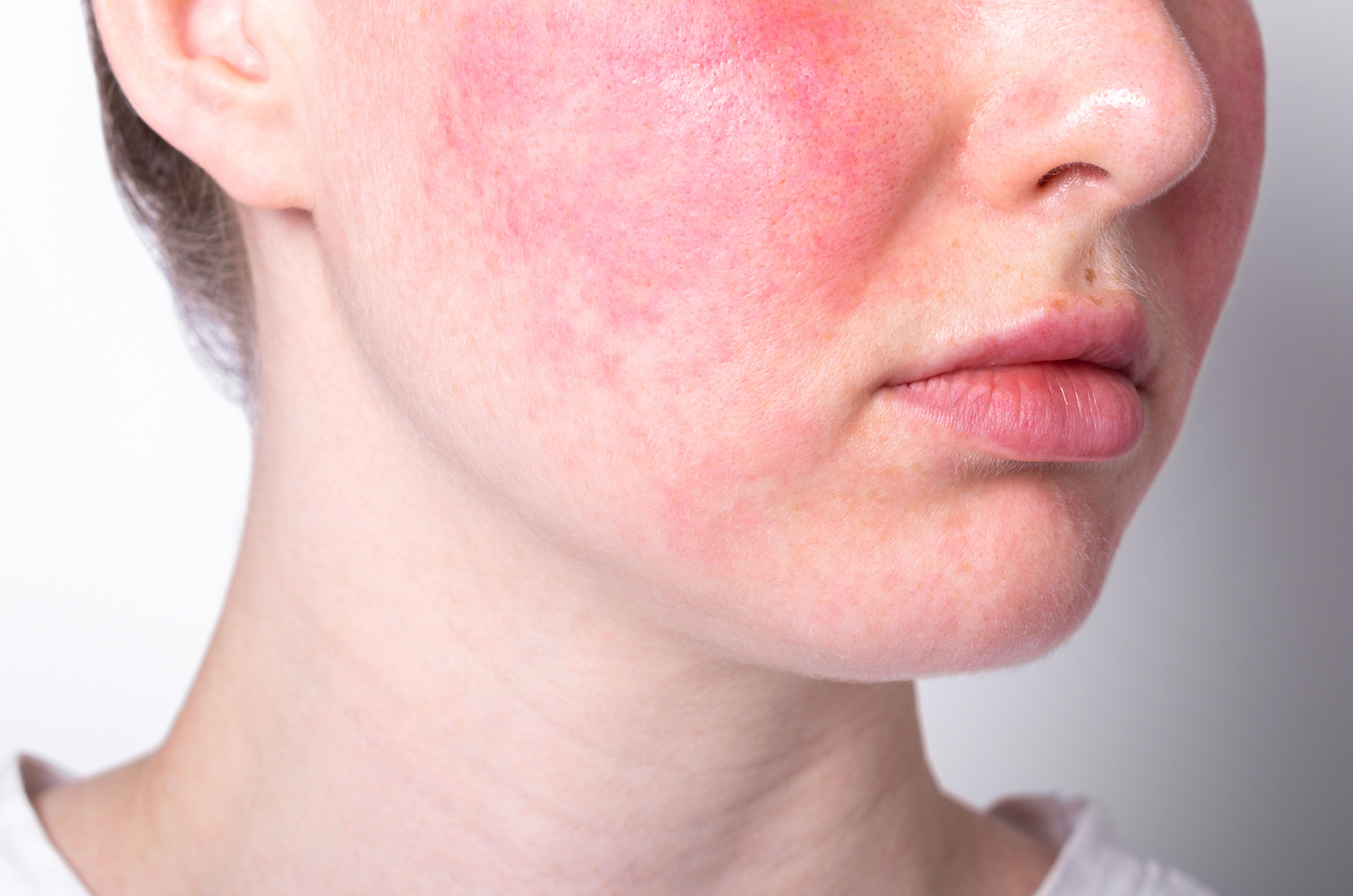- Acne
- Actinic Keratosis
- Aesthetics
- Alopecia
- Atopic Dermatitis
- Buy-and-Bill
- COVID-19
- Case-Based Roundtable
- Chronic Hand Eczema
- Drug Watch
- Eczema
- General Dermatology
- Hidradenitis Suppurativa
- Melasma
- NP and PA
- Pediatric Dermatology
- Pigmentary Disorders
- Practice Management
- Precision Medicine and Biologics
- Prurigo Nodularis
- Psoriasis
- Psoriatic Arthritis
- Rare Disease
- Rosacea
- Skin Cancer
- Vitiligo
- Wound Care
Publication
Article
Dermatology Times
What's new in skincare
Author(s):
Skincare is advancing quickly. In this article, Dr. Draelos highlights several important, controversial trends dermatologists should have on their radar.
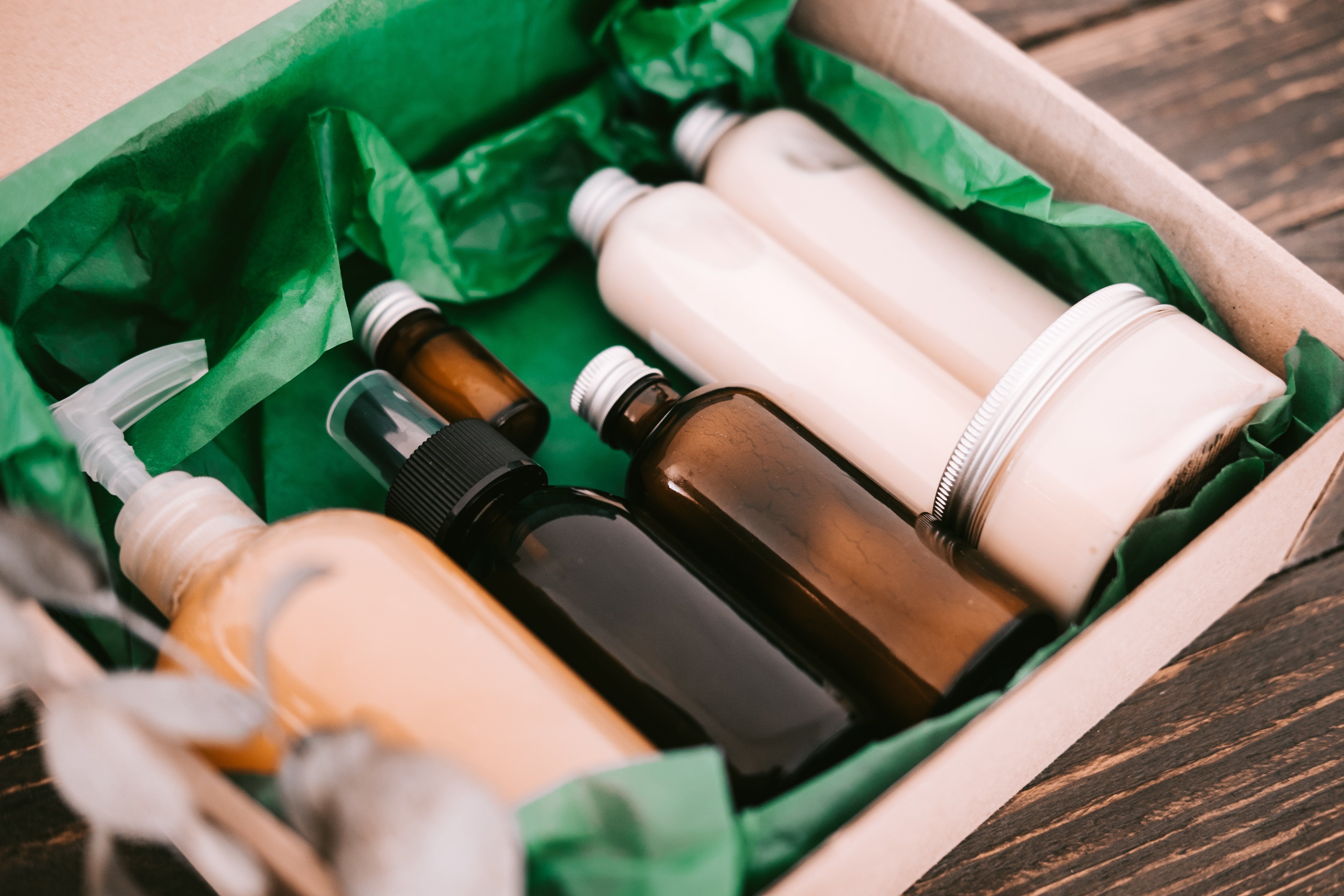
Skincare is advancing with tremendous rapidity in a technology-rich environment. It is interesting to observe how much current medical discovery fuels ingenuity in the skincare market. Several important trends can be observed that are worth the attention of the dermatologist. These trends include the introduction of biologics and modulation of the microbiome. I will discuss the controversial issues regarding each of these topics.
NEW: Cosmetic technology advances
Biologics in skincare
Biologics are certainly the newest category of medicines with tremendous patient benefit in dermatology. Injectable biologics have revolutionized the treatment of moderate-to-severe psoriasis and psoriatic arthritis. PASI 100 drugs are a reality, when only a decade ago 50% clearance was considered a success. This same concept of using biologically derived materials to improve skin appearance has reached skincare in the form of platelet rich plasma (PRP). Here, 50ml of blood with 5ml of anticoagulant are drawn from the patient and centrifuged twice, discarding the red blood cells and serum to achieve a concentrate of platelets. These platelets can then be injected or put into a moisturizer to harness the purported regenerative properties of PRP.
The whole concept of using self-derived biologic materials in skincare is launching the world of personalized moisturizers. There is some regulatory concern about the safety of using such materials, but the technology to produce biologics in skincare is becoming easier to use and less expensive. Whether PRP should be regulated as a biologic is not clear, but the concept of personalized skincare is enticing.
RELATED: Quality skincare on a budget
Modulation of the microbiome
The buzzword of the moment at cosmetic chemistry and skincare industry meetings is the microbiome. The microbiome consists of a layer of living organisms, mainly bacteria, fungus and yeast, which coat the skin surface. Microbiome issues are perfect for skincare consideration because the organisms coat the stratum corneum, which is nonliving, fitting within the purview of cosmetics.
Several concepts are being explored in the industry. One concept is the new claim that products “do not disturb the microbiome” or are “microbiome friendly.” These claims are appearing on everything from moisturizers to facial serums and colored cosmetics. These claims are easy to substantiate by collecting skin swabs before and after product application, noting there is no change in the microbial constituents.
The concern might be that the preservatives in the formulation designed to keep the product from spoiling might also damage the microbiome. Concerns might also be raised with cleansers that definitely disturb the microbiome with water rinsing enhanced by detergents. Nevertheless, the microbiome appears to be regulated by the immune system and, over time, will recover.
Another area of interest is adaptation of prebiotic, probiotic and postbiotic gut concepts to the skin.
RELATED: Facial care fleshed out
Prebiotics are substances that support the growth of bacteria, such as carbohydrates. Skincare products are adding sugars to the formulation, which can also be used to adjust viscosity, to support a prebiotic claim.
Probiotics are preparations containing bacteria that might have positive effects on the microbiome. Live bacteria in skincare products are problematic due to the need to include preservatives in most skincare formulations; however,
some probiotic labeled products contain bacterial lysates.
RELATED: Cosmetic efficacy testing
Finally, postbiotics are substances produced by bacteria, such as fermentation products, that have a positive effect on the microbiome. One example of such a fermentation product is lactic acid, already used in skincare formulations to
adjust pH and function as an exfoliant.
Whether skincare products have a lasting effect on the microbiome is dubious. It is also still under investigation as to whether they have an effect on the microbiome at all. Yet, the ability to improve skin health by modulating unseen organisms on the skin surface is intriguing.
The world of skincare is a careful balance between adaptation of the newest medical concepts to appearance improvement and carefully communicating the benefits of these concepts to consumers in such a way to avoid making drug claims.
In summary, the skincare industry thrives on “newness” and “claims.” Â
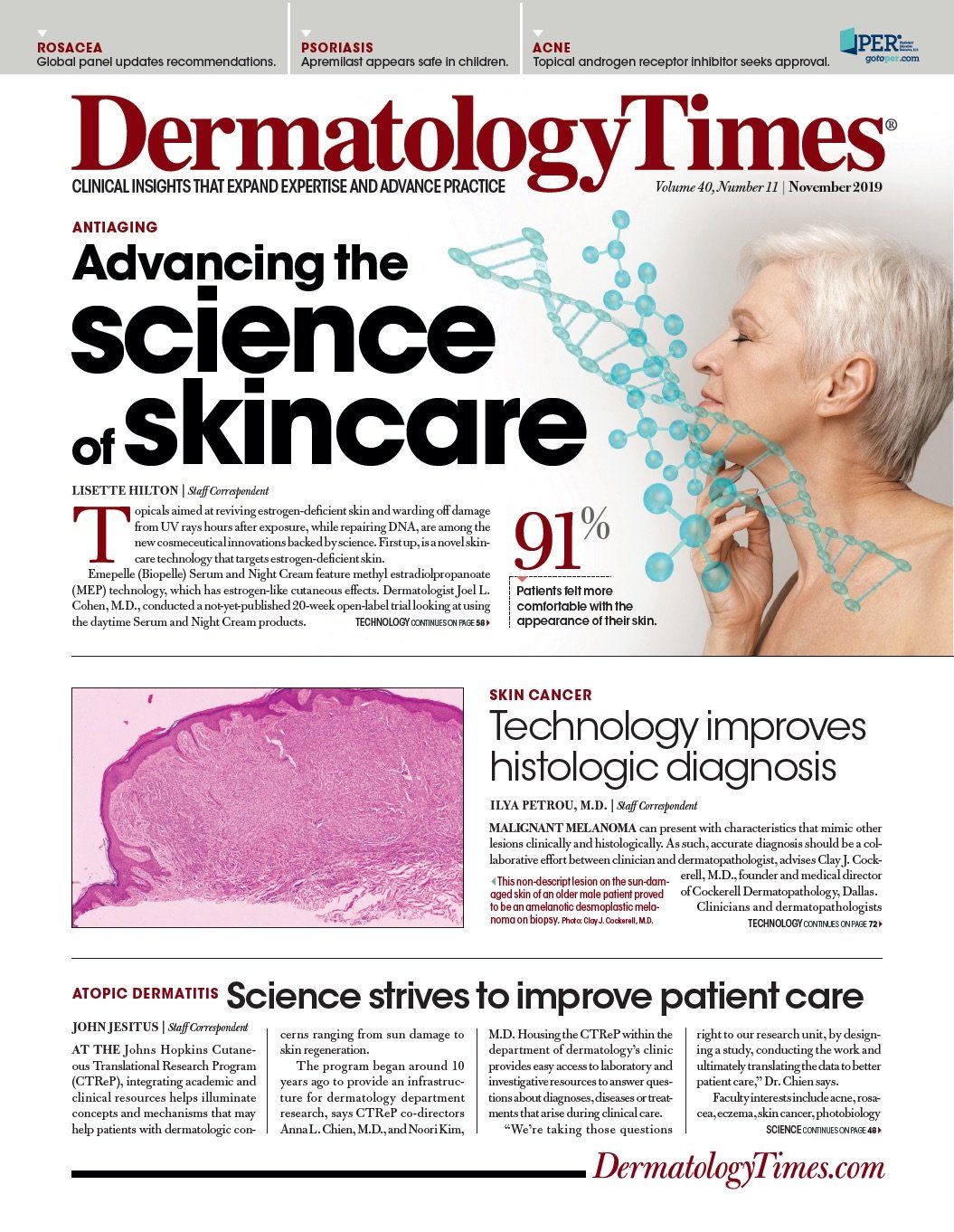
Newsletter
Like what you’re reading? Subscribe to Dermatology Times for weekly updates on therapies, innovations, and real-world practice tips.



